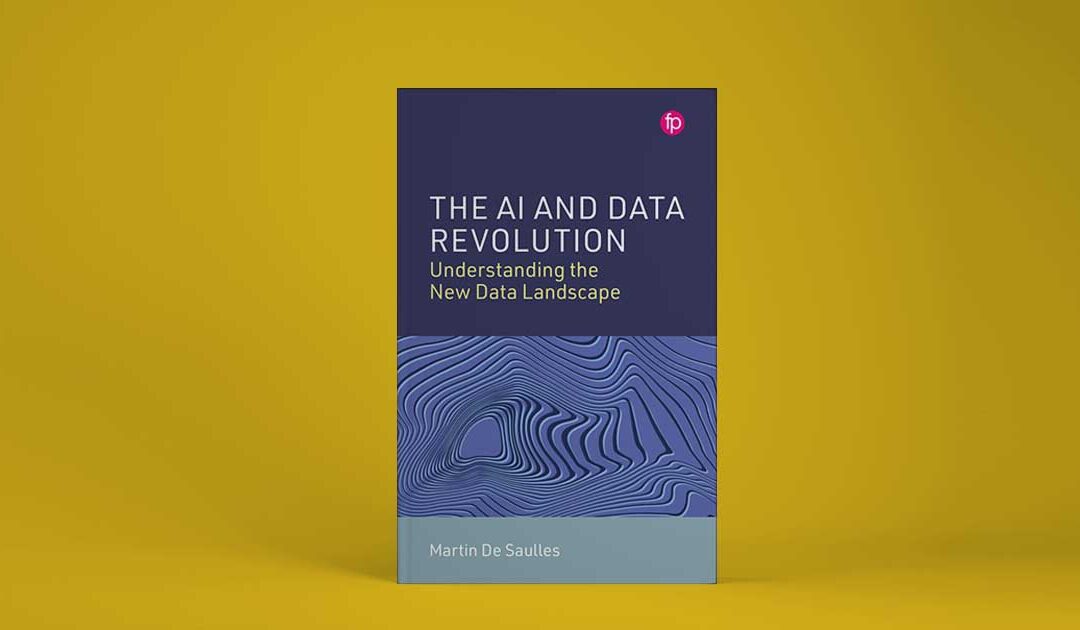
Interview with the Author: Dr. Martin De Saulles on AI and the Data Revolution
An interview with Dr. Martin De Saulles, author of The AI and Data Revolution, on the impact of AI on information management.

An interview with Dr. Martin De Saulles, author of The AI and Data Revolution, on the impact of AI on information management.

As generative AI becomes more prevalent, copyright law is evolving to address its impact. A new report from the U.S. Copyright Office provides guidance on what is (and isn’t) copyrightable.
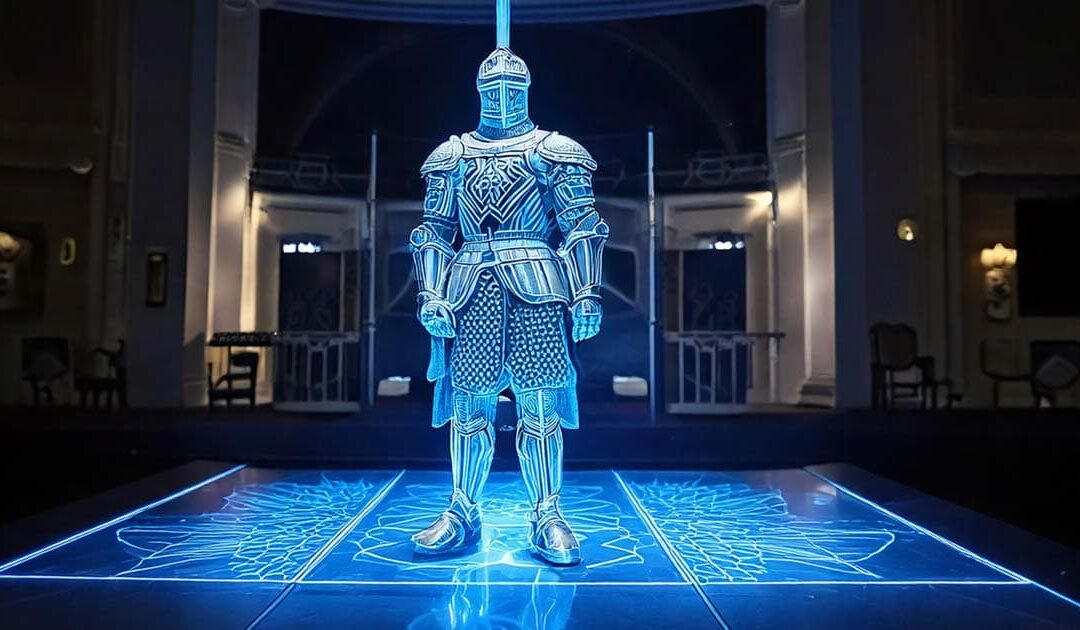
Online exhibits lack the constraints that can make it impossible to relate stories in a physical exhibition and can inspire us to share in new ways

The path to sustainability in special libraries combines technological advancement, waste reduction, collection digitization, and community education.
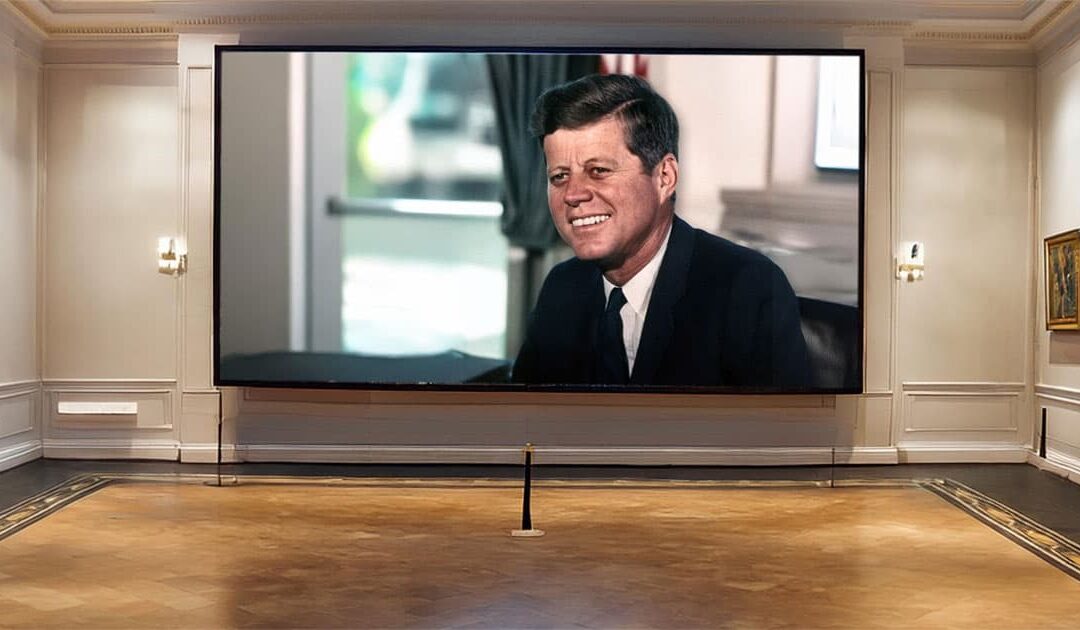
Museums are well established as “empathy generators”, meaning the museum space in combination with artifacts and storytelling can help humans emotionally connect to (or at least better understand) other human groups that are different from their own.

What excites me the most about Generative Artificial Intelligence (GenAI) application to museum work is its potential to improve discoverability of museum collections online.

The museum field is not one that considers itself “cutting edge” or even very technical, and yet AI can have a tremendous positive impact on our work and how we engage with our audiences.

Selection of a museum collections management system involves understanding stakeholder requirements and developing specifications for the CMS

KM and learning require systems that support collaboration (tacit knowledge transfer) and document and codify knowledge (transfer from systems to people).

Skills for special librarians include evaluating “obsolete” formats and equipment in context of library’s mission, scope and needs of researchers and users.

Lucidea webinar on Hewlett-Packard’s KM program presented by Stan Garfield with secrets to knowledge capture and reuse of tactics for ensuring participation.

Museums should develop strategies addressing trends outlined in the CFM TrendsWatch report including Decolonization, Blockchain, Self-Care, and Trust.

Skills for special librarians include leveraging technology as an efficient tool; formats have changed, former print indices and catalogs are now online.

Database query versus search engines: searching specific databases yields focused results. The best use of search engines is preliminary research.
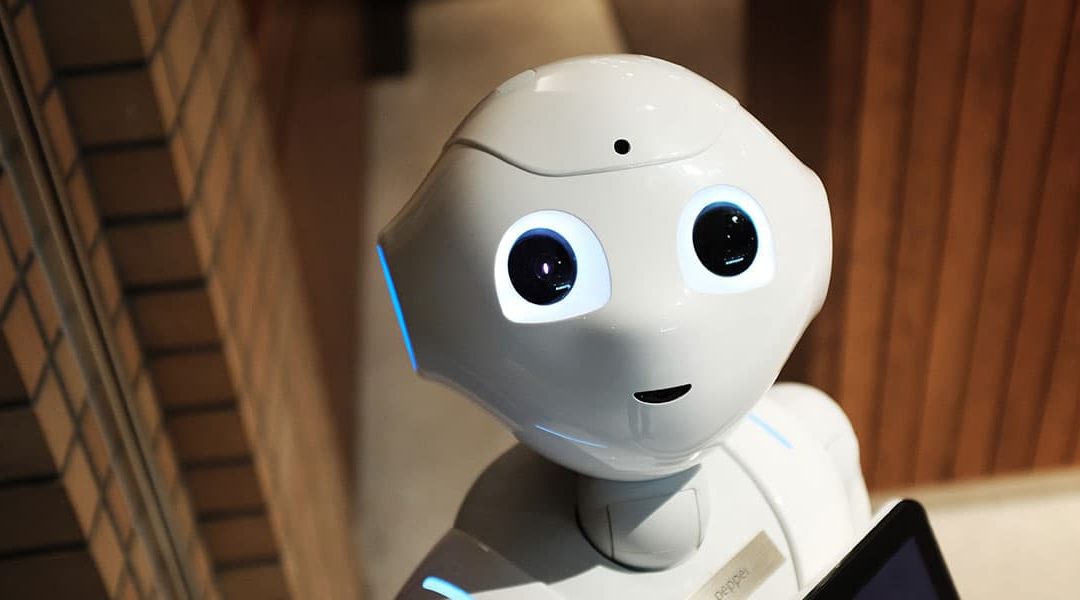
Robots in libraries can provide a better research experience. Librarians should consider uses of artificial intelligence and robotics in special libraries.

Active listening in special librarian reference interviews is essential to monotasking and focus; avoid distraction librarians and technology.

Special librarians must embrace monotasking when doing library reference research; do not let technology be a distraction. Increasing productivity as librarian.

Special librarians should consider the Internet of Things and Libraries: IoT will allow special library users to explore and consume content in different ways.

Special librarians can leverage social media trends to brand and market library products and services.
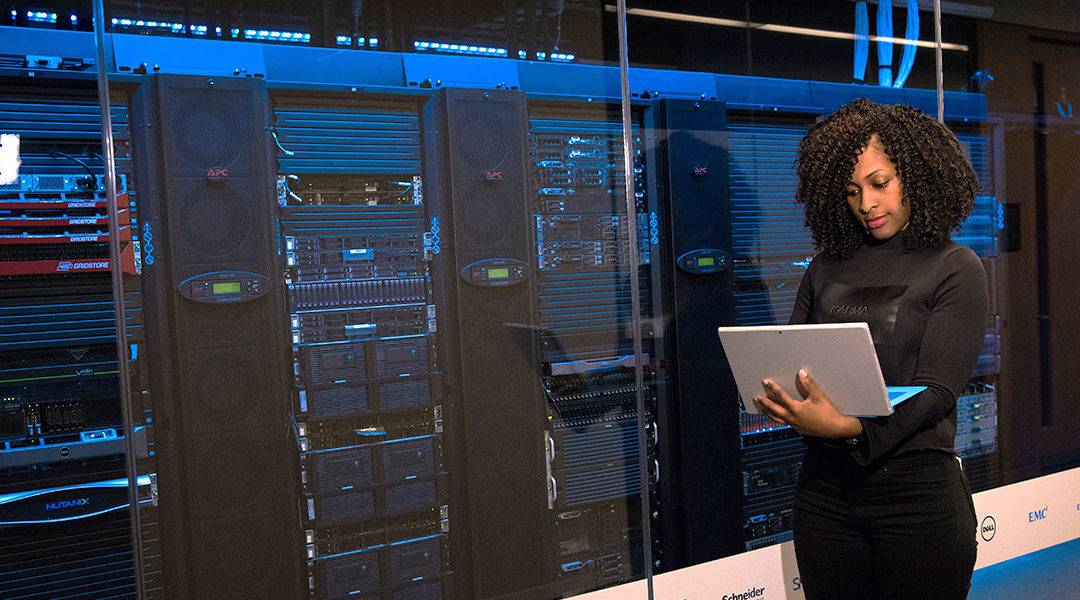
Machine-based learning in special libraries, e.g., harvest information from our databases and intranets and learn or predict our users’ behaviours.
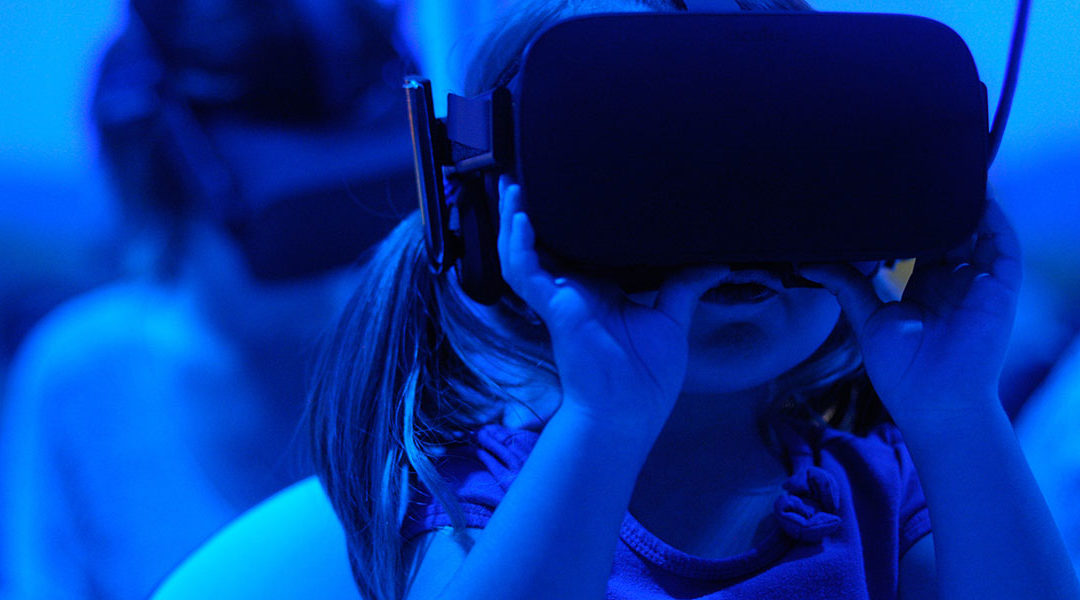
Virtual-only museums react dynamically to changing trends, user-needs, and new technology. Works best when supported by robust museum collections management system.
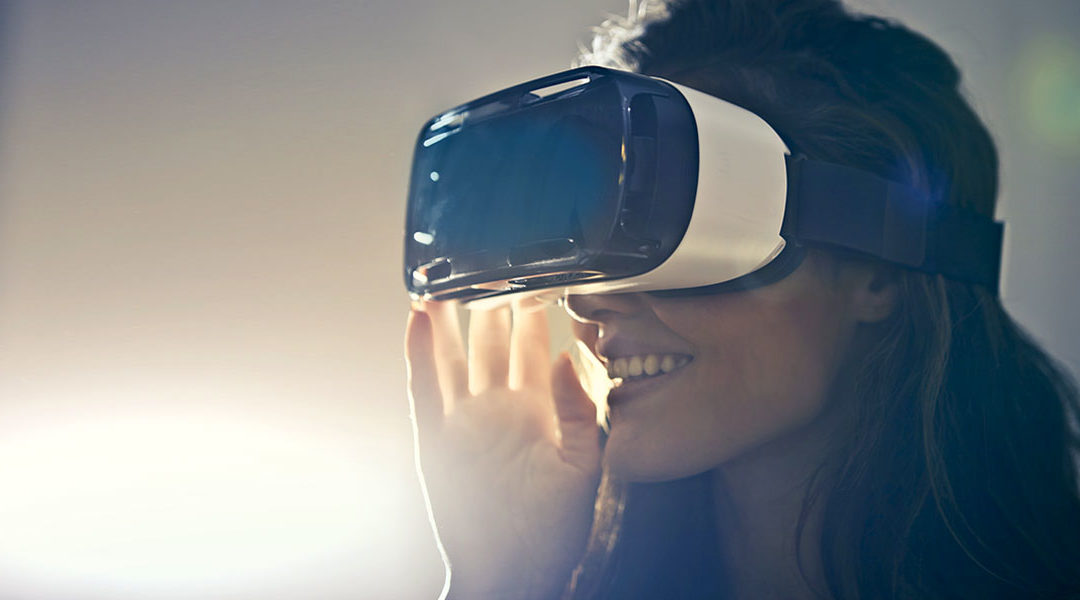
Augmented Reality in Libraries: AR technology is relevant for special libraries and can be used absolutely free to enrich the end user’s experience.

Choosing which digital archives to preserve. Technical appraisal that considers how digital files are read, documented, processed, and preserved is critical

Special Librarians evaluating new ILS technology must keep in mind the mission and different users who access data and collections.

2D digitization often isn’t enough in a museum; However, RTI is an alternative option for objects that are mostly 2D, but require a more powerful form of digitization.